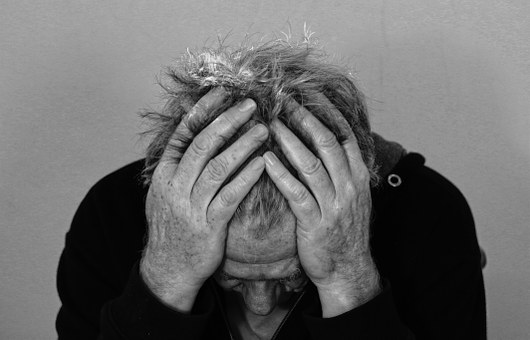
Oftentimes, a wide array of people may be quite knowledgeable in regards to information related to addiction. Yet still, substance abuse is something that is frequently overlooked in various workplaces—by not only the individual, but his/her surrounding peers, and/or co-workers. As a result of such, the stress that legal professionals experience may make it hard for them to feel as though they can open up—and confide in others—about what they are going through.
Sadly, some might even be able to spot addictive behaviors within one of their co-workers, but chose to ignore it for a number of reasons, such as; being unsure of what to do, not wanting to overstep one’s boundary, facing uncertainty on how to get involved, etc. However, it is smart for one to keep an eye out for irregularities—and/or unusual work ethic—within those that surround them. Some signs to look out for are listed as follows; “missed deadlines or appointments, not returning calls; hostile, inappropriate, or odd behavior in professional situations; deterioration in record keeping, managing funds, etc; changes in appearance/grooming/manner of speech; readily tearful or overwhelmed; and/or a colleague actually confides that his/her life (eg., marital, financial) is in shambles.”
In turn, if action isn’t taken, addicts—within the legal field—who begin to face one or more forms of substance abuse, can find their lives taking a turn for the worst. That’s why it is so important for one to find help early on so that he/she can receive the treatment he/she needs—with the assistance of a medical professional. Not only that, but a medical professional will know how to aid in the best recovery for legal executives—since he/she holds experience with such. But unfortunately, it may pose as difficult at times for one to be able to recognize if another is facing addiction because certain people are easily able to pass as functioning—and/or functional—users.
In conclusion, no matter what one’s career is—and/or what he/she specializes in—he/she still deserves the right to treatment/rehabilitation for his/her addiction. For, it is through such that he/she can begin to handle what he/she is going through—mentally/emotionally—in a much healthier way. A speedy recovery can then draw itself closer to that individual, and help him/her to handle what he/she is going through a whole lot differently—for oftentimes addiction isn’t noticed by the individual himself/herself, but from those on the outside looking in.


